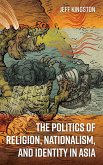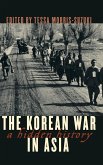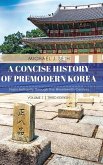This landmark book documents little-known wartime Japanese atrocities during World War II. Yuki Tanaka's case studies, still remarkably original and significant, include cannibalism; the slaughter and starvation of prisoners of war; the rape, enforced prostitution, and murder of noncombatants; and biological warfare experiments. The author describes how desperate Japanese soldiers consumed the flesh of their own comrades killed in fighting as well as that of Australians, Pakistanis, and Indians. He traces the fate of sixty-five shipwrecked Australian nurses and British soldiers who were shot or stabbed to death by their captors. Another thirty-two nurses were captured and sent to Sumatra to become "comfort women"-sex slaves for Japanese soldiers. Tanaka recounts how thousands of Australian and British POWs were massacred in the infamous Sandakan camp in the Borneo jungle in 1945, while those who survived were forced to endure a tortuous 160-mile march on which anyone who dropped out of line was immediately shot. This new edition also includes a powerful chapter on the island of Nauru, where thirty-nine leprosy patients were killed and thousands of Naurans were ill-treated and forced to leave their homes. Without denying individual and national responsibility, the author explores individual atrocities in their broader social, psychological, and institutional milieu and places Japanese behavior during the war in the broader context of the dehumanization of men at war. In his substantially revised conclusion, Tanaka brings in significant new interpretations to explain why Japanese imperial forces were so brutal, tracing the historical processes that created such a unique military structure and ideology. Finally, he investigates why a strong awareness of their collective responsibility for wartime atrocities has been and still is lacking among the Japanese.
Hinweis: Dieser Artikel kann nur an eine deutsche Lieferadresse ausgeliefert werden.
Hinweis: Dieser Artikel kann nur an eine deutsche Lieferadresse ausgeliefert werden.








